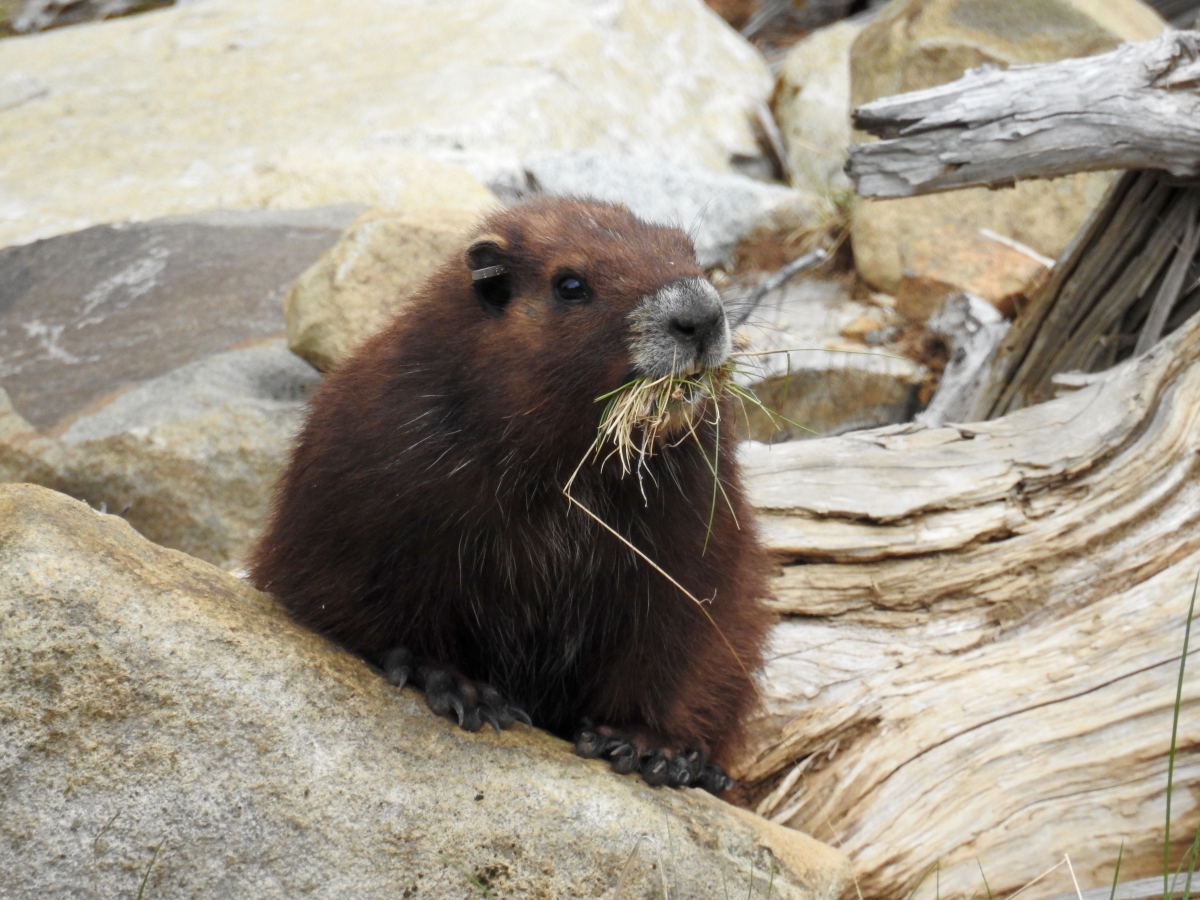Implementing conservation actions
Successful recovery or conservation of species and ecosystems is more likely with the commitment and cooperation of various groups, levels of governments and Indigenous partners – each bringing value to the task.
Actions for recovery and threat mitigation are recommended in Recovery and Management Plans and in some cases, where social, economic, and cultural implications of those actions, or inaction, are significant, there may also be a subsequent Implementation Plan. The various plan-types can all be found in the list of recovery documents.
Implementation plans guide and prioritize actions required to meet objectives and goals identified through formal provincial government decisions. Such government decisions are informed by science as well as socio-economic factors.
B.C. recognizes the importance of setting priorities to guide conservation action. Clear priorities for conservation help coordinate actions of government agencies, partners, funding bodies and others to ensure that limited resources are allocated in a way that will yield the best conservation outcomes.
Often, actions are funded according to priority, budget, and areas of responsibility. The provincial government allocates resources to projects on prioritized species and ecosystems, considering legal obligations, existing commitments, and partnership opportunities. Funding may also come from the federal government and non-governmental conservation agencies.
Ongoing review of the project and outcomes informs the reassessment of priorities, actions, and conservations status updates.
Setting priorities for conservation action
Conservation framework
2007: Conservation Framework Primer (PDF, 950KB)
The Conservation Framework is a prioritization tool developed in 2007. The Framework tools select appropriate actions depending on what is known about the species or ecosystem in question. Where information is lacking, inventory and monitoring may be required, along with detailed assessments to determine trends and threats. In some cases, basic scientific studies are needed.
If this detailed information already exists, the Framework recommends actions such as ecosystem and habitat protection, invasive species control, stewardship, population management, and planning processes.
The following is a list of outputs generated on June 15, 2010, for species and ecosystems assessed by the Conservation Framework. This information is no longer being updated through the BC Species and Ecosystems Explorer search tool.
Recovery actions can include
Carrying out species conservation and recovery can involve various actions, including:
- protecting or restoring habitat
- managing species and their populations through, for example, captive breeding or predator control
- managing/mitigating human-related activities that directly affect species at risk (for example, closing access to important habitat, restricting hunting, or setting roadway speed limits)
- promoting shared stewardship (including on private lands)
- promoting stakeholder relations, and consultation and education about species at risk
Conservation projects and partnerships
It takes a community to protect species at risk. Get a behind-the-scenes look at the work being done by conservation partnerships across the province:

